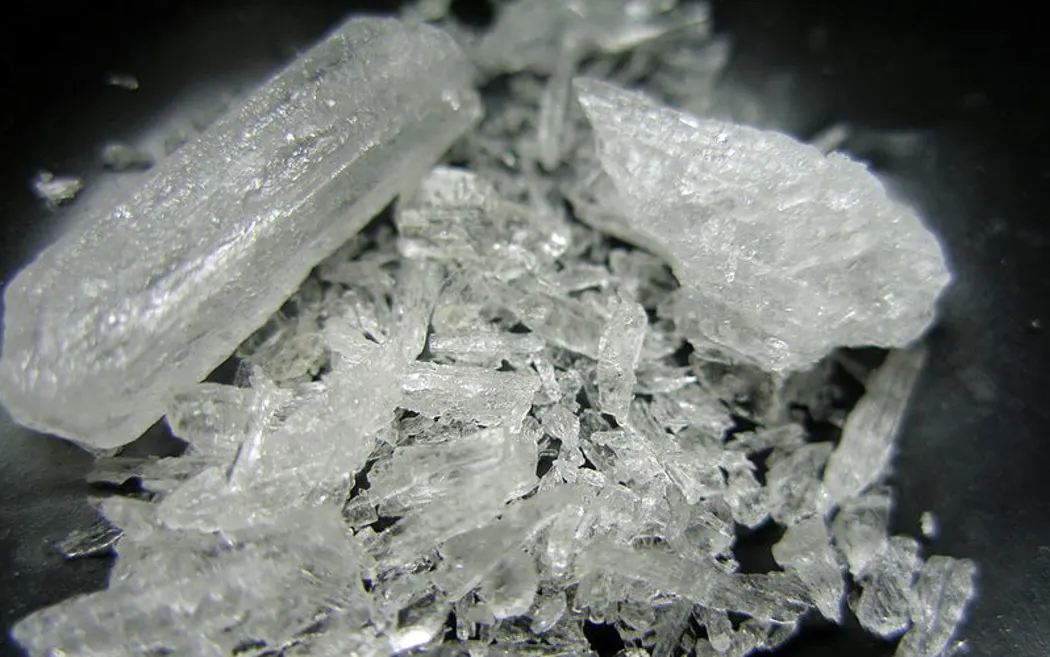As Tonga grapples with its meth crisis the true impact on children and families is becoming evident.
It comes as police continue to investigate drug groups on the island, this week revealing 17 arrests including members of the Comanchero gang.
Twice a year groups of teens arrive from around the kingdom for aspirational talks and education about harm reduction. They’re the forgotten, the troubled, the lost, as put by the speaker of parliament Lord Fatafehi Fakafanua.
“Parents have given up on them, the communities have given up on them, and if they fall to the wrong side of the law, there is not one to protect them.
“The big gang bangers and the youth go into prison and they are all mixed into the same place — there’s no juvenile facility and there is less hope for them because once they become hardened criminals, it’s difficult to change them.”
The youngest at the talks was eight-year-old, dealing drugs in school, pushing for adults, earning less than a dollar per day.
Fakafanua said “money and pornography” is used to pay him.
Katherine Mafi works at Ma’a Fafine Moe Famili, a group in Tonga which works with children and families. She said there has not been a lot of access to government assistance for the issue.
“They keep saying they have a taskforce, they have a committee here, all sorts, but I’ve never seen it at grass roots level.”
Mafi added Tonga’s drug problem is “a crisis” and is affecting most families.
“It’s really sad when families disintegrate …”
Mafi was not alone in her frustration at a claimed lack of government action.
Her colleague Betty Blake said: “Where is this national drugs policy, do you know? I haven’t seen it or heard about it with all the work we do for the communities.”
At a legislative level there are moves to tighten up drug-related penalties.
In May, there was a parliamentary public debate on imposing the death sentence for drug offences, although most people rejected the idea.
A new bill is also being drafted — allowing the assets of those benefitting from drug money to be seized.
Meanwhile, some experts say Australia’s policies of deporting criminals with few links to their countries of birth is adding to the Pacific’s drug crime problem.
Transnational crime expert Jose Sousa-Santos said the raids in Tonga were a clear example of the spread of new criminal players in the region.
“We have seen outlaw motorcycle gang activity in the region at a smaller scale, in Fiji and the Cook Islands. But the Comancheros are definitely new players in the region and they’re coming in with a lot greater intent and larger plans.”
But he said Australia, as well as New Zealand and the U.S, bear responsibility for cases like this through their policies of deporting non-citizens convicted of criminal offences.
“This really sits squarely on the deportation policies of Australia, New Zealand and the U.S,” he said.
“This is due to the deportee policies having sent deportees with ties to the Comancheros and other motorcycle gangs to the Pacific, to Tonga.
“And once they get to the countries they don’t have links, they don’t have ties, no prospects of work and they reach back to their criminal associates and this creates a whole new player in the criminal network.
“This is where Australia, New Zealand and the U.S have to really have a serious re-look at their policies if they are serious about being positive partners and having a real impact in the region,” he said.














